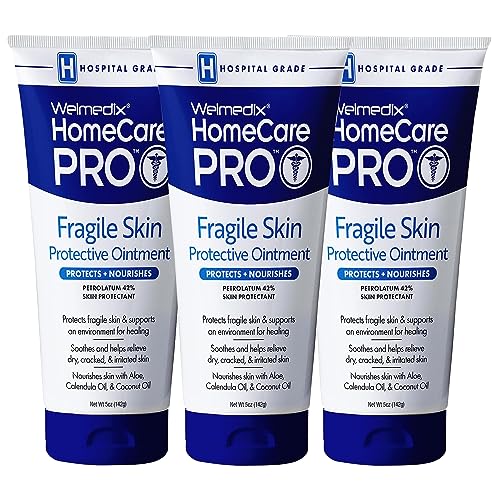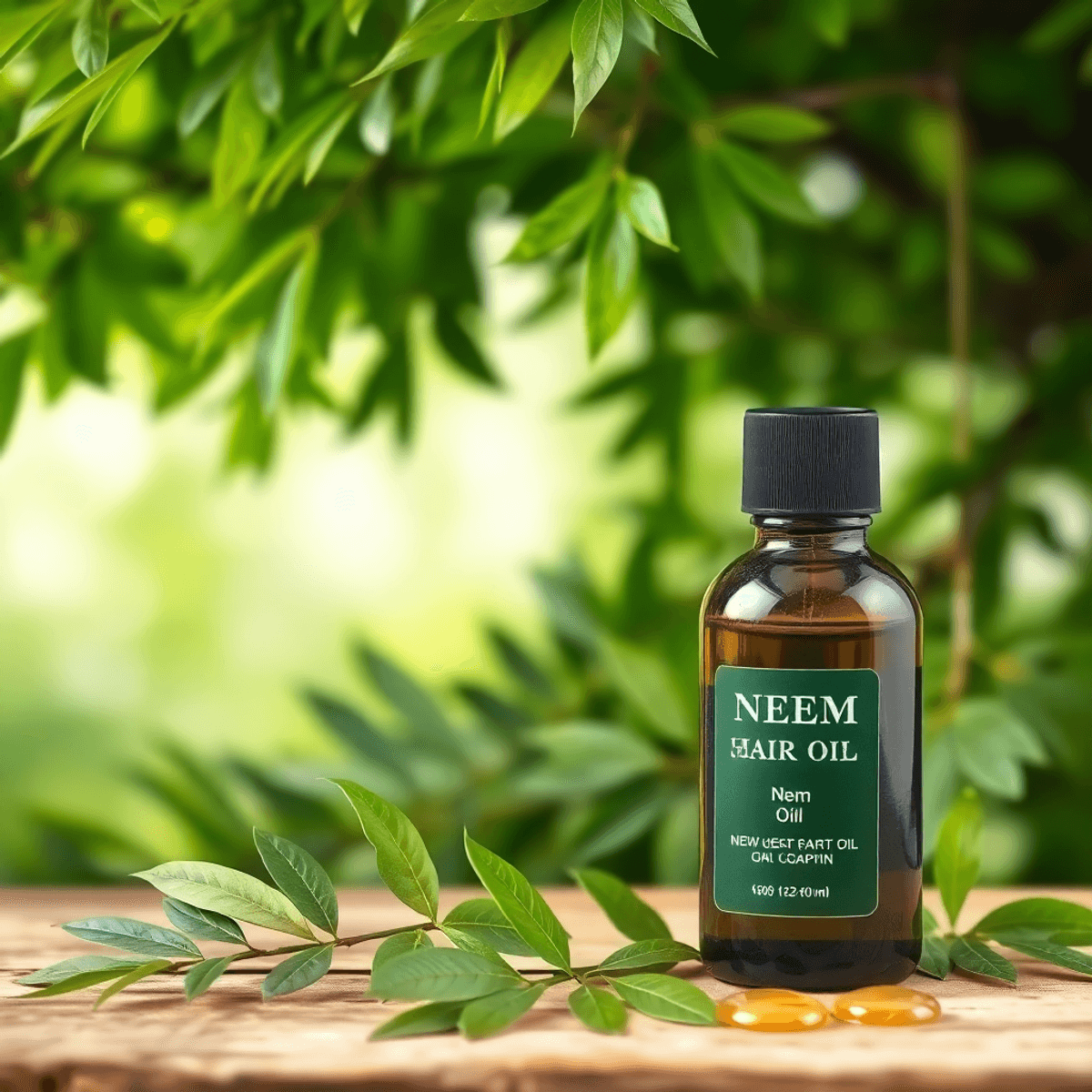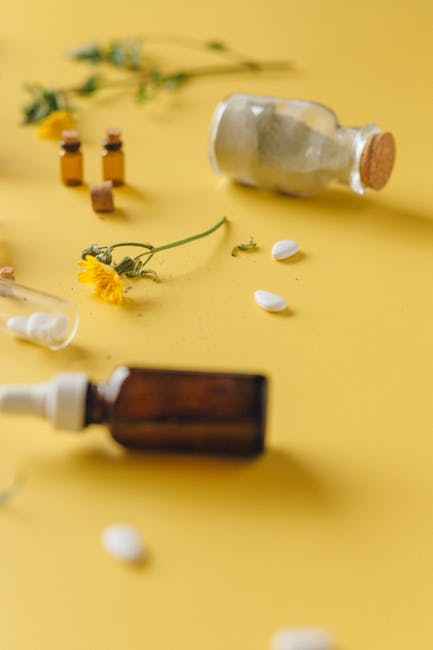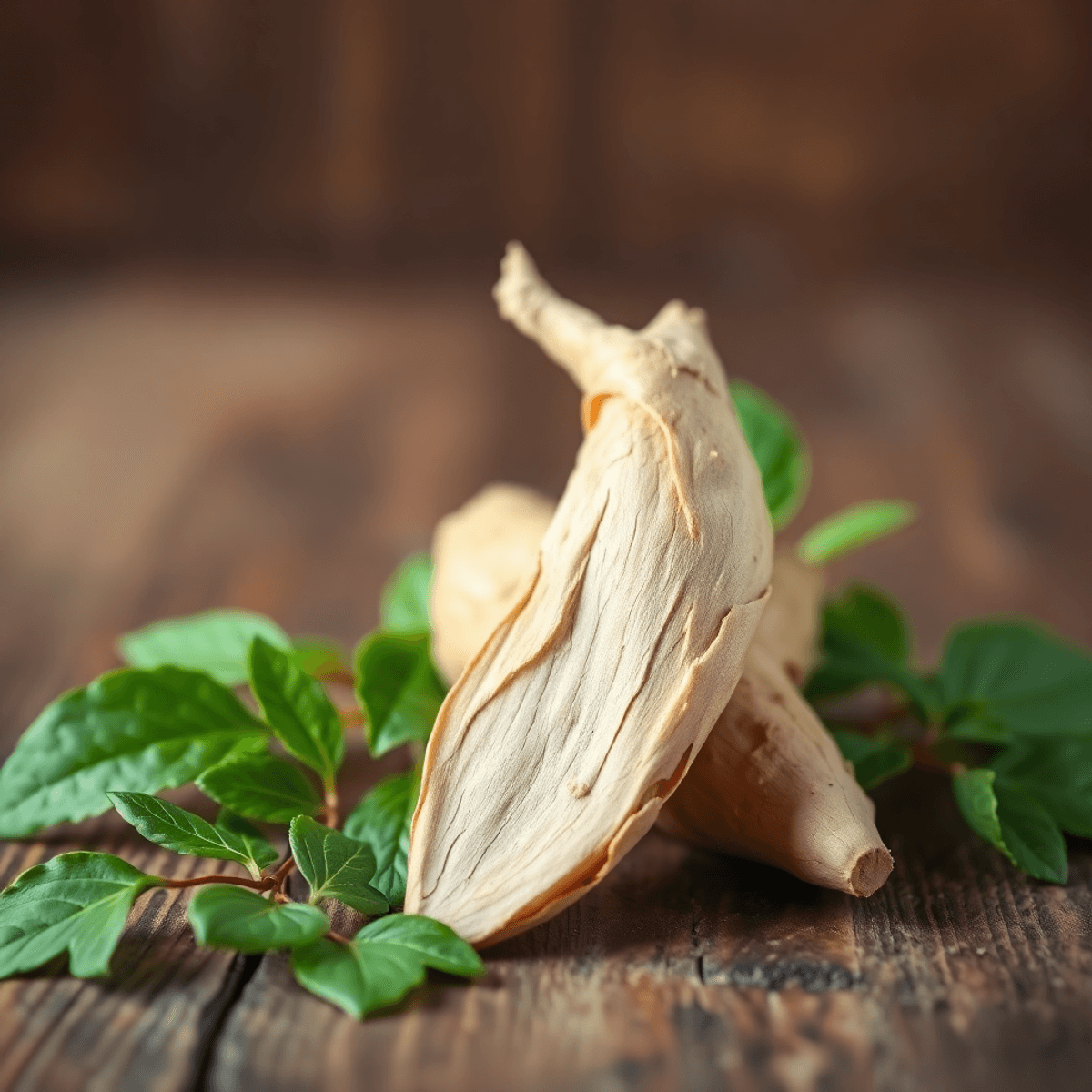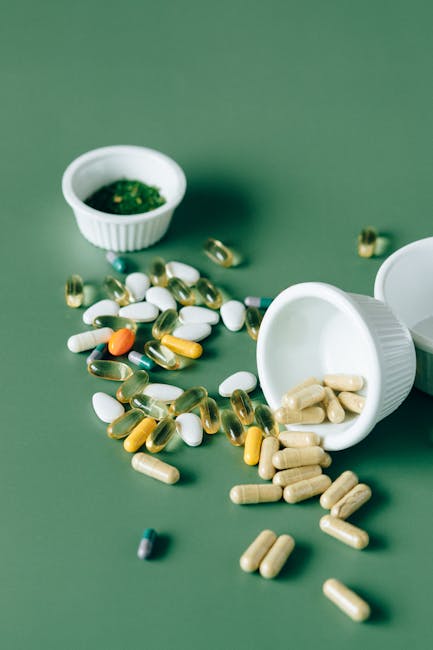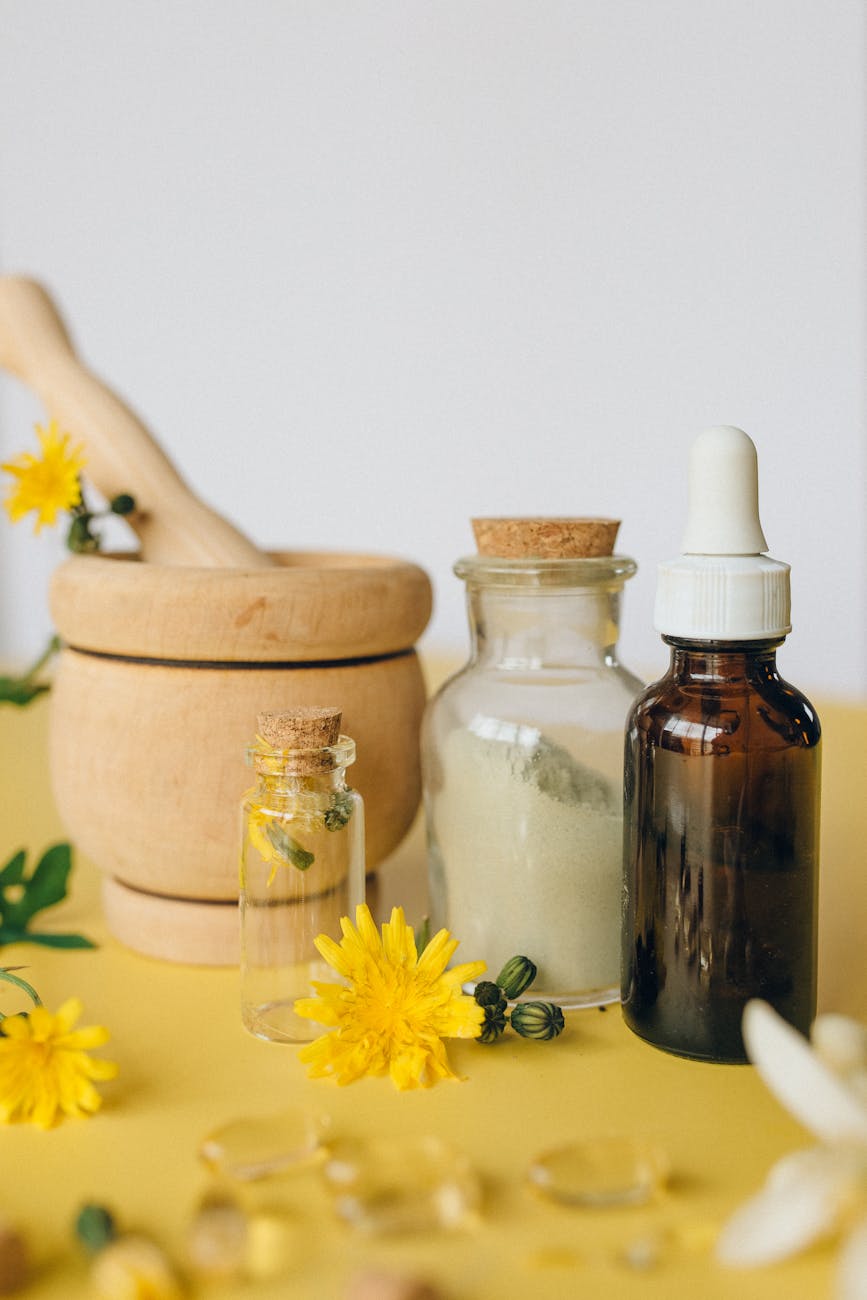Introduction
Fragile skin can be a source of discomfort, pain, and frustration for many individuals. Whether it’s due to medical conditions, skin irritations, or simply sensitivity, taking care of fragile skin requires gentle and effective solutions. One such solution is a hospital-grade protective ointment, specifically designed to provide a barrier of protection and promote healing. In this blog, we’ll delve into the benefits and features of fragile skin protective ointment and how it can make a significant difference in your skincare routine.
The Importance of Skin Protection
Our skin is our largest organ, and it’s responsible for protecting our body from external factors such as bacteria, viruses, and other pathogens. However, when our skin is fragile, it becomes more susceptible to damage, making it crucial to provide an extra layer of protection. A hospital-grade protective ointment can help to:
- Prevent Infections: By creating a physical barrier on the skin’s surface, these ointments prevent bacteria and other microorganisms from penetrating the skin and causing infections.
- Soothe Irritations: Fragile skin ointments can provide instant relief from skin irritations, such as itching, burning, or stinging, making them ideal for sensitive skin.
- Promote Healing: By locking in moisture and protecting the skin from further irritation, hospital-grade ointments facilitate the healing process, allowing the skin to repair itself more quickly.
- Reduce Scarring: By promoting healing and protecting the skin, hospital-grade ointments can also help to reduce the appearance of scars and blemishes.
- Improve Skin Health: Regular use of a hospital-grade protective ointment can lead to improved skin health, reducing the risk of skin conditions and promoting a more radiant complexion.
Understanding Skin Types and Needs
When it comes to fragile skin, it’s essential to understand the specific needs of your skin type. Different skin types, such as sensitive, dry, or eczema-prone skin, require unique approaches to care and protection.
- Sensitive Skin: Sensitive skin requires gentle, fragrance-free products that won’t irritate or react with the skin.
- Dry Skin: Dry skin needs intense moisturizing and hydration to lock in moisture and protect the skin from dryness.
- Eczema-Prone Skin: Eczema-prone skin requires careful management and gentle, non-irritating products to reduce inflammation and promote healing.
What Makes a Hospital-Grade Protective Ointment?
Not all protective ointments are created equal. A true hospital-grade ointment must meet strict criteria, including:
- High-Quality Ingredients: Only the finest, gentle, and non-irritating ingredients should be used to ensure the safety and efficacy of the ointment.
- pH Balance: The ointment should be pH-balanced to match the natural pH of the skin, ensuring minimal disruption to the skin’s natural barrier.
- Hypoallergenic: The ointment should be free from common allergens and irritants, making it suitable for even the most sensitive skin types.
- Sterility: Hospital-grade ointments should be manufactured in sterile environments to minimize the risk of contamination.
- Clinical Testing: The ointment should have undergone rigorous clinical testing to ensure its safety and efficacy.
How to Choose the Right Fragile Skin Protective Ointment
With so many options available, selecting the right protective ointment for fragile skin can be overwhelming. Here are some key factors to consider:
- Look for Hospital-Grade Certification: Ensure the ointment has been certified by a reputable institution, guaranteeing its quality and efficacy.
- Check the Ingredient List: Opt for ointments with gentle, natural ingredients that are free from harsh chemicals and fragrances.
- Read Reviews and Testimonials: Research the ointment’s performance and user feedback to ensure it’s suitable for your skin type and needs.
- Consult with a Dermatologist: If you’re unsure about the best ointment for your skin, consult with a dermatologist or skincare professional for personalized advice.
Common Misconceptions About Fragile Skin Protective Ointments
There are many misconceptions surrounding fragile skin protective ointments. Here are some common myths debunked:
- Myth: All Fragile Skin Ointments are the Same: This is far from the truth. Hospital-grade ointments undergo rigorous testing and meet strict criteria, making them superior to regular skincare products.
- Myth: Fragile Skin Ointments are Only for Wounds: While hospital-grade ointments are often used to treat wounds, they can also be used as a preventative measure to protect and care for fragile skin.
- Myth: Fragile Skin Ointments are Too Greasy: Many hospital-grade ointments are designed to be non-greasy and non-comedogenic, making them suitable for daily use.
Conclusion
Fragile skin requires special care and attention, and a hospital-grade protective ointment can be a valuable addition to your skincare routine. By understanding the importance of skin protection, what makes a hospital-grade ointment, and how to choose the right one, you can provide your skin with the extra layer of protection it needs to heal and thrive. Remember, taking care of fragile skin is an investment in your overall health and well-being.
Tips for Using Fragile Skin Protective Ointment
To get the most out of your hospital-grade protective ointment, here are some tips:
- Apply Regularly: Apply the ointment regularly to maintain a protective barrier on the skin.
- Use Generously: Use a generous amount of ointment to ensure the skin is fully protected and moisturized.
- Avoid Over-Washing: Avoid over-washing the skin, as this can strip the skin of its natural oils and cause irritation.
- Moisturize: Moisturize the skin regularly to keep it hydrated and healthy.
The Benefits of Long-Term Use
Using a hospital-grade protective ointment long-term can have numerous benefits, including:
- Improved Skin Health: Regular use can lead to improved skin health, reducing the risk of skin conditions and promoting a more radiant complexion.
- Reduced Inflammation: Long-term use can reduce inflammation and irritation, making the skin more resilient and less prone to damage.
- Better Scar Prevention: Regular use can help to prevent scarring and promote healthy skin growth.
Final Thoughts
Fragile skin requires special care and attention, and a hospital-grade protective ointment can be a valuable addition to your skincare routine. By choosing the right ointment and using it correctly, you can provide your skin with the protection it needs to heal and thrive. Remember, taking care of fragile skin is an investment in your overall health and well-being.
Click Here To Review the product on Amazon.

